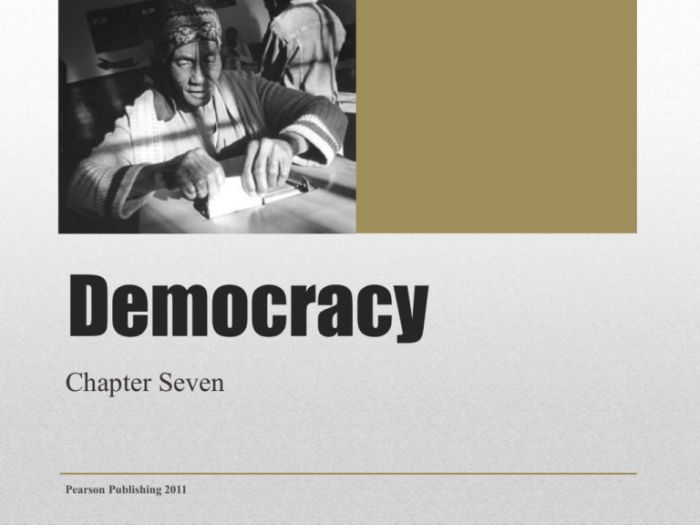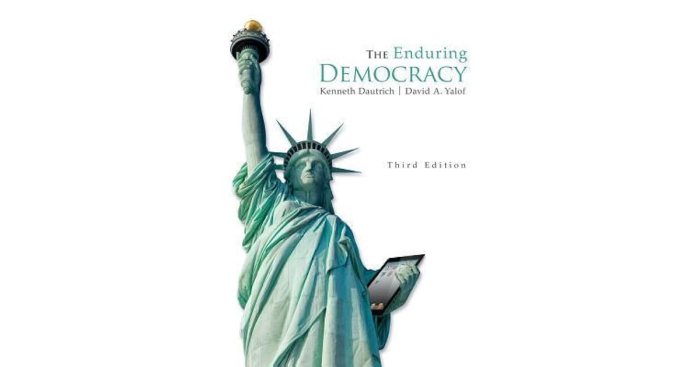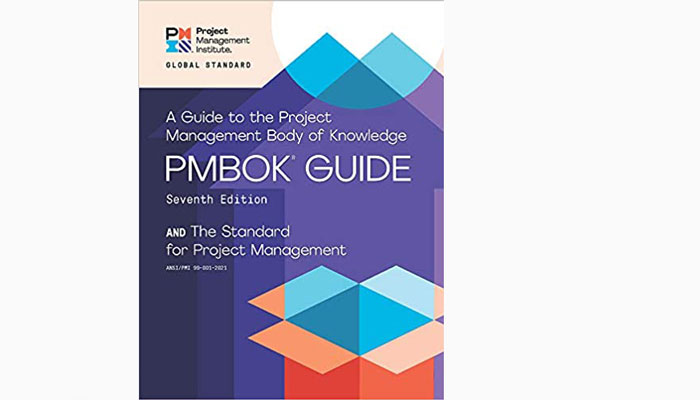The enduring democracy 7th edition pdf free – The Enduring Democracy 7th Edition PDF delves into the historical evolution, core principles, challenges, and mechanisms for strengthening enduring democracies. This comprehensive guide offers a thorough examination of the democratic landscape, providing valuable insights for scholars, practitioners, and anyone interested in the preservation and advancement of democratic societies.
As we navigate the complexities of the 21st century, understanding the foundations and challenges of enduring democracies becomes increasingly crucial. This edition explores contemporary issues, including the impact of globalization, technology, and social media on democratic institutions, equipping readers with the knowledge necessary to engage in informed discussions and contribute to the strengthening of democratic values.
Historical Context of Enduring Democracy

The concept of democracy has evolved over centuries, with its roots in ancient Greece. Key historical events, such as the development of the Athenian democracy and the Magna Carta, have shaped the principles and institutions that underpin enduring democracies. Figures like Aristotle, John Locke, and Thomas Jefferson have contributed to the theoretical and practical understanding of democratic governance.
Core Principles of Enduring Democracy
Enduring democracies are founded on fundamental principles that ensure the fair distribution of power and the protection of individual rights. These principles include:
- Rule of law:The government is subject to the law and cannot act arbitrarily or above the law.
- Separation of powers:Power is divided among different branches of government (e.g., executive, legislative, and judicial) to prevent any one branch from becoming too powerful.
- Individual rights:Citizens have fundamental rights and freedoms, such as freedom of speech, assembly, and religion, which are protected by the government.
Challenges to Enduring Democracy
Enduring democracies face various challenges, both internally and externally. These challenges include:
- Authoritarianism:Governments that concentrate power in the hands of a single person or a small group, suppressing dissent and limiting individual freedoms.
- Populism:Political movements that appeal to popular emotions and often use demagoguery to gain support, potentially undermining democratic institutions.
- Foreign interference:External actors seeking to influence or destabilize democratic governments through covert operations or financial support for anti-democratic forces.
Mechanisms for Strengthening Enduring Democracy, The enduring democracy 7th edition pdf free
There are several mechanisms that can be used to strengthen enduring democracies, including:
- Civic education:Educating citizens about democratic principles and values to promote informed participation and civic responsibility.
- Electoral reforms:Ensuring fair and transparent elections, including measures to prevent voter suppression and increase voter turnout.
- International cooperation:Collaboration among democracies to promote democratic values and institutions, and to support transitions to democracy in other countries.
Comparative Perspectives on Enduring Democracy
Models of enduring democracy vary across countries and regions, reflecting different historical, cultural, and socioeconomic contexts. These models include:
- Westminster model:A parliamentary system with a strong executive and a weak legislature, as in the United Kingdom and Canada.
- Presidential model:A system where the president is both the head of state and the head of government, as in the United States and Mexico.
- Semi-presidential model:A system that combines elements of both parliamentary and presidential systems, as in France and Russia.
Contemporary Issues in Enduring Democracy
Enduring democracies face new challenges in the 21st century, including:
- Globalization:The interconnectedness of the world economy and the flow of information can both strengthen and weaken democratic institutions.
- Technology:Advances in technology can facilitate civic engagement but also pose risks to privacy and free expression.
- Social media:Social media platforms can amplify political discourse but also spread misinformation and hate speech.
Expert Answers: The Enduring Democracy 7th Edition Pdf Free
What are the key historical events that have shaped the concept of enduring democracy?
The Magna Carta, the American Revolution, the French Revolution, and the Civil Rights Movement are among the pivotal events that have influenced the development of democratic principles and institutions.
What are the fundamental principles that underpin enduring democracies?
Rule of law, separation of powers, individual rights, free and fair elections, and a vibrant civil society are essential principles for the sustainability of democratic systems.
What are the major challenges facing enduring democracies today?
Authoritarianism, populism, economic inequality, and the rise of social media pose significant threats to democratic institutions and values.
What mechanisms can be used to strengthen enduring democracies?
Civic education, electoral reforms, international cooperation, and the promotion of democratic norms and practices are effective mechanisms for bolstering democratic resilience.


